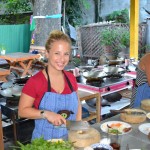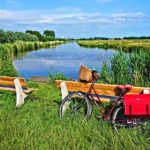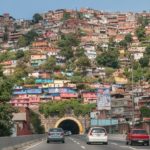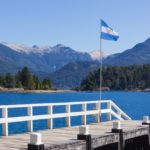What does travelling really mean?
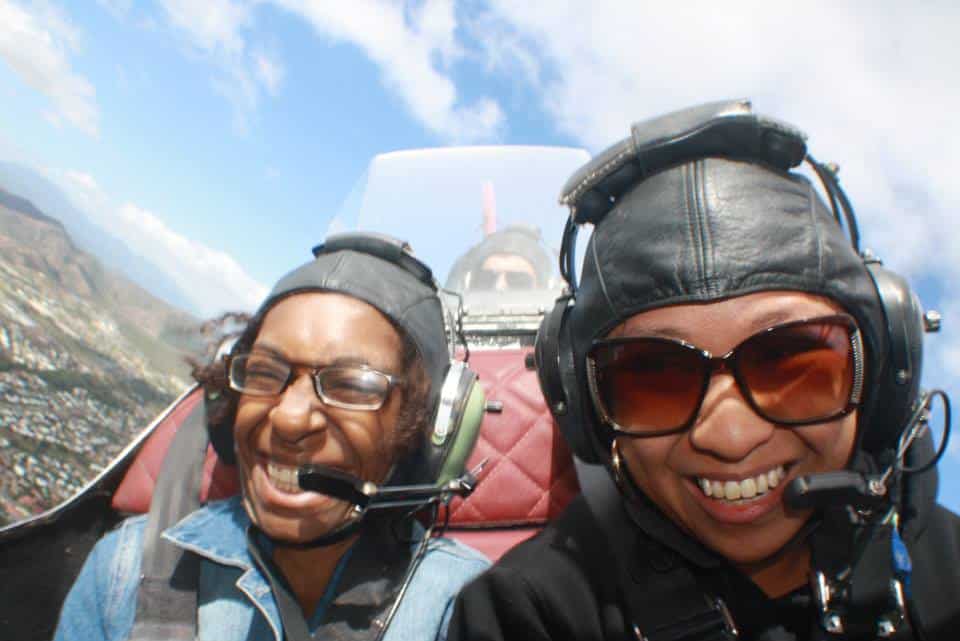
Often, I see people go to, let’s call them the usual ‘tourist places’ like Phuket, Bali, Amsterdam, LA, London And many people either go there to party and drink. Why would you do that, when you can do that right at your house?
The way I grew up, travelling was like this – we lived in places for a period. Some places where people didn’t speak any English at all, places such as the inland China, a town called Lanzhou, which is closer to Mongolia, known for its famous noodles. Now, when people think of China they think of ‘no Facebook’, or ‘one child policy’ or what is now known as ‘Covid-19’. But when we lived in China, no on spoke any English at all. In fact no one had seen anyone of lighter or darker skin complexion (that’s not their fault, they just did not have those types of skin colours around).
We (my mum, dad and I), use to walk down the street from church or from the shopping centres, and people would come up to us, or they would stare at us for a bit. We’d wave back, and they would giggle and wave back too. The funny thing is, is that I thought was as a child, they had chubby faces, like very round and their skin looked like a peach colour to me.
We ended up in Lanzhou because my dad was working on this big road – from what I can remember, a big road that connects from the city into the mainland – I think. Mind you it was freezing cold where we were. You’re probably wondering how we survived. My dad had work colleagues who were translators for us.
After, we lived in Malaysia for a couple of years prior he thought I spoke Mandarin. Not exactly. I could never grasp Mandarin, either I was not interested in learning at the time or just found it very difficult.
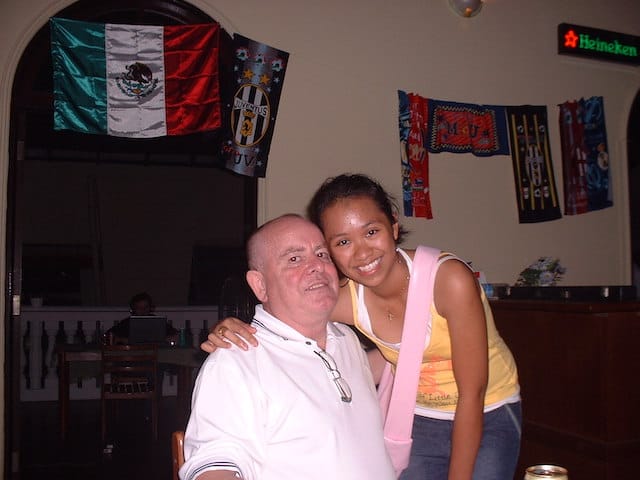
I guess it was the same as Spanish. I was nine years old when we went to live in México City. Again, for some reason I just was not interested, but I could understand and the basics. As I got older though, I began to have an interest in languages from mixing with people at university, took up Papua New Guinea (PNG) Pidgin by listening to people from PNG speak, learnt Swahili from working with ladies from The Congo and Burundi. My Spanish still needed improvement, but I could understand what is being said.
My travel experiences have taught me many things — that there is good and bad in every race, culture and religion, no matter where you come from.
I remember sometimes when I would go to The Philippines with my mother, and people literally say in Tagalog, ‘do you speak Tagalog’ and then I say in Tagalog, ‘I speak a little bit’, and it’s the weirdest thing, saying to someone in another language, you speak a little bit, when you just spoke a sentence in their language.
The thing I love about travelling is that it’s so much more than just a picture. It’s about being able to learn and engage with people you’ve never met or seen before. It’s about learning something about yourself — and understanding your way of thinking. And that it’s not the same way others think. Or your way of living is not their way of living, or the way they eat, is not how you would eat.
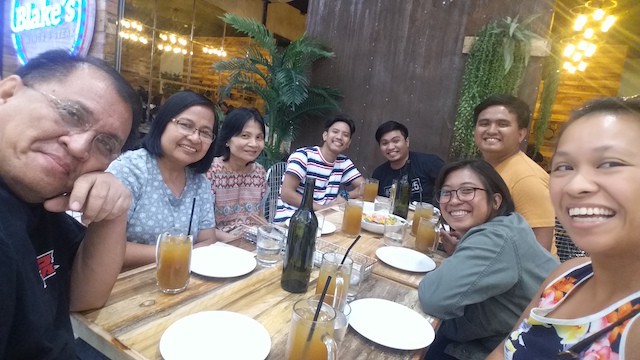
For example, in part of Asia we eat with our hands. Would you believe eating with your hands is a lot faster? Now when I say we eat with our hands, please note, we wash our hands first with soap and dry them, but we only eat the with the right hand and use the left hand to wipe our buttocks.
I remember when I moved back to Australia and I was at my Australian friend’s house. I asked for a spoon and I got a knife, now I rarely used knives, it was mainly fork, spoon or hands up until that point. So, I had this knife and wasn’t sure what to do with it, nor how I could explain this to my friend, who had only lived in one place her whole life.
Another funny thing about coming to live in Australia was this – when I went to school, kids had lunchboxes, but there were filled with sandwiches or lollies or crackers. Whereas having gone to school in Malaysia, an international Australian school, lunches were meals with rice.
The one thing I miss about living overseas is street food. Street food is literally what is sounds like, food off the street. No not scraps of food, but food from mini food trucks. Even drinks. And it wouldn’t cost a lot. But the idea of trying new foods in another country is not to just embrace new foods, but it helps expand your taste buds. Trying new food is actually very healthy for you, it helps your taste palette explore a new flavour.
Like I always say, ‘If I don’t like it the first time, I won’t try it the second the time.’ Me personally, I enjoy trying new foods. I enjoy eating. Even as a baby, mum use to say, ‘you weren’t a fussy eater’, so I’ve been blessed to be exposed to all kinds of foods. However, while working in a day care in Australia, I realised there were heaps of children who are very fussy eaters. And it’s the simple things such as, vegetables or fruit that they would eat.
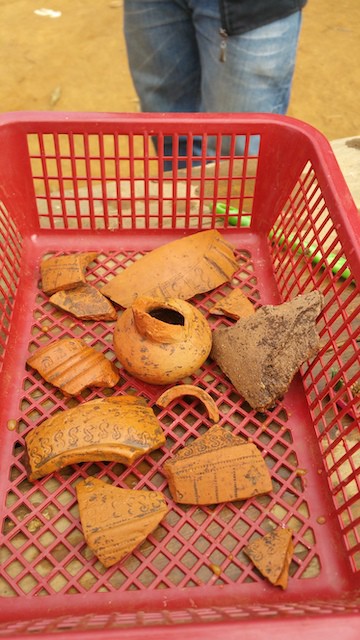
While in the Philippines, we would go to vegetables markets. They aren’t like the markets they have in western countries. I’m talking about fresh markets. You can smell the fish. The food being chopped. The cooked food. Fresh everything. We could not miss it, even when we were in Thailand for a friend’s wedding, we had to go to the markets and get food for the wedding, totally all fresh food.
This wedding was not the typical western wedding ceremony. This was a traditional Thai wedding in the countryside. Nobody speaks English in this area, except for the younger people, such as the kids and those who attended universities (and now tutor English, too). This wedding was a Buddhist wedding. Up until this point, I had never attended a Buddhist wedding, I’ve been to a Muslim wedding, western-styled wedding, Filipino wedding, I had attended parties that only involved certain ethnic groups, as it was a community function.
This Thai wedding was very different. The groom who was a friend from mine from Australia, (him and his best man) were in this village. Now what was interesting about this village is that the women are all related, but the men came from other villages. This was a prestigious very high valued wedding, as the bride’s father was part of the Thai Police Force, so when they attended the wedding, they were all wearing gold which represented the King of Thailand.
Eventually the Monks arrived and the wedding began. Mind you, this wedding started early in the morning, or the day before – the women from the village were busy cooking, the young university students were decorating the house, the men would be putting up all the technology like music, getting firewood etc. Meanwhile, as a foreigner you’re just observing and watching like the local village dog of the house, seeing what’s going on, who is who etc.
You can always learn something from someone else, just as they can learn something from you.
The thing that was interesting to me was the dowry. What’s a dowry you ask? It’s still used in other parts of the world, it’s where the man who is marrying the woman, must pay a certain amount to even have the bride. Sounds cliché to you, but people even till this day still trade brides for goats, cows, chickens, in PNG they still use pigs as a dowry to give to the families to marry the bride, think of it as a gift to the family.
Family is interesting because they say, ‘you can choose your friends, but not your family’. The one thing I’ve learnt about families when travelling no matter what happens, family is still family with ups and downs, no matter where you live. People are still happy with their lives despite being poor, or not being able to have a good education, people still carry on despite the situation that is currently going on in their lives.
So at the end of the day, when you travel you need to keep an open mind, be open to trying new things, food, culture and even learning to speak another language. My travelling experience has taught me many things — that there is good and bad in every race, culture and religion, no matter where you come from. It’s up to you to be able to educate other people on what happens within a country and remember that what is seen on the television isn’t necessarily true. It’s important to experience things for yourself.
Be open minded to travelling, be open to meeting new people. You can always learn something from someone else, just as they can learn something from you. There really is no wrong or right way, there is just different perceptions of how we are able to see and understand things.
All photos by Frances Helena.


